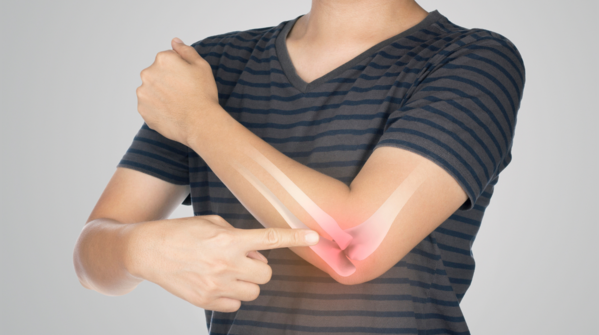- News
- lifestyle
- health-fitness
- health-news
- 6 tips to increase bone density and reduce the risk of fractures
6 tips to increase bone density and reduce the risk of fractures

How to make our bones stronger
Strong bones are the foundation of a healthy body. As we age, our bones naturally lose density, making them more fragile and prone to fractures. However, the good news is that there are many ways to keep our bones strong and reduce the risk of fractures. Simple lifestyle changes can go a long way in improving bone health.
If you want to protect your bones and stay active as you age, here are 6 effective tips to help you maintain and even increase your bone density.

Get enough calcium every day
Calcium is the most important mineral for bone health. It helps build and maintain strong bones. If your body doesn’t get enough calcium, it will take it from your bones, making them weak over time.
Adults need about 1,000 mg of calcium daily, while older adults (above 50) need around 1,200 mg.
Anyone can prevent cancer by following the 6 step MEDSRX formula claims top cancer doctor
Good sources: Milk, curd, cheese, leafy greens (like spinach), almonds, and fortified plant-based milk.
If you’re not getting enough calcium from food, calcium supplements can help—but consult a doctor before taking them.

Boost vitamin D levels for better calcium absorption
Vitamin D plays an important role in helping your body absorb calcium.Without enough vitamin D,even a calcium-rich diet won’t be fully effective.
The best natural source of vitamin D is sunlight. Spending 15–30 minutes in the sun daily can help.
Food sources: Fatty fish, egg yolks, fortified dairy products, and mushrooms.
If you have low vitamin D levels, your doctor may recommend a supplement.

Do weight-bearing exercises
Just like muscles, bones need exercise to stay strong. Weight-bearing and resistance exercises help improve bone density.
Great exercises for bones: Walking, jogging, dancing, skipping, climbing stairs, and lifting weights.
Why it works: These activities put pressure on your bones, encouraging them to become stronger over time.
If you live a sedentary lifestyle, start small with daily walks and gradually include strength training.

Increase protein intake
Protein is essential for bone structure. It helps in the formation of bone tissues and also supports muscle strength, which reduces the risk of falls and fractures.
Good protein sources: Eggs, fish, chicken, lentils, beans, nuts, and dairy products.
A balance of calcium and protein intake is important for bone health. Too little protein can weaken bones, while too much (without enough calcium) can increase calcium loss.

Get enough magnesium and vitamin K
Magnesium and vitamin K are often overlooked but are essential for bone strength.
Magnesium helps convert vitamin D into its active form, which improves calcium absorption.
Sources: Nuts, seeds, whole grains, and dark leafy greens.
Vitamin K supports bone mineralisation and helps prevent fractures.
Sources: Green vegetables like broccoli and cabbage.
Adding these nutrients to your diet can give your bones extra support.

Maintain a healthy weight
Both underweight and overweight individuals are at higher risk of fractures.
Being underweight can lead to weaker bones and increased fracture risk.
Being overweight puts extra stress on bones, especially in the hips and knees.
Maintaining a balanced weight through a healthy diet and regular exercise is key to strong bones.(Image: Canva)









